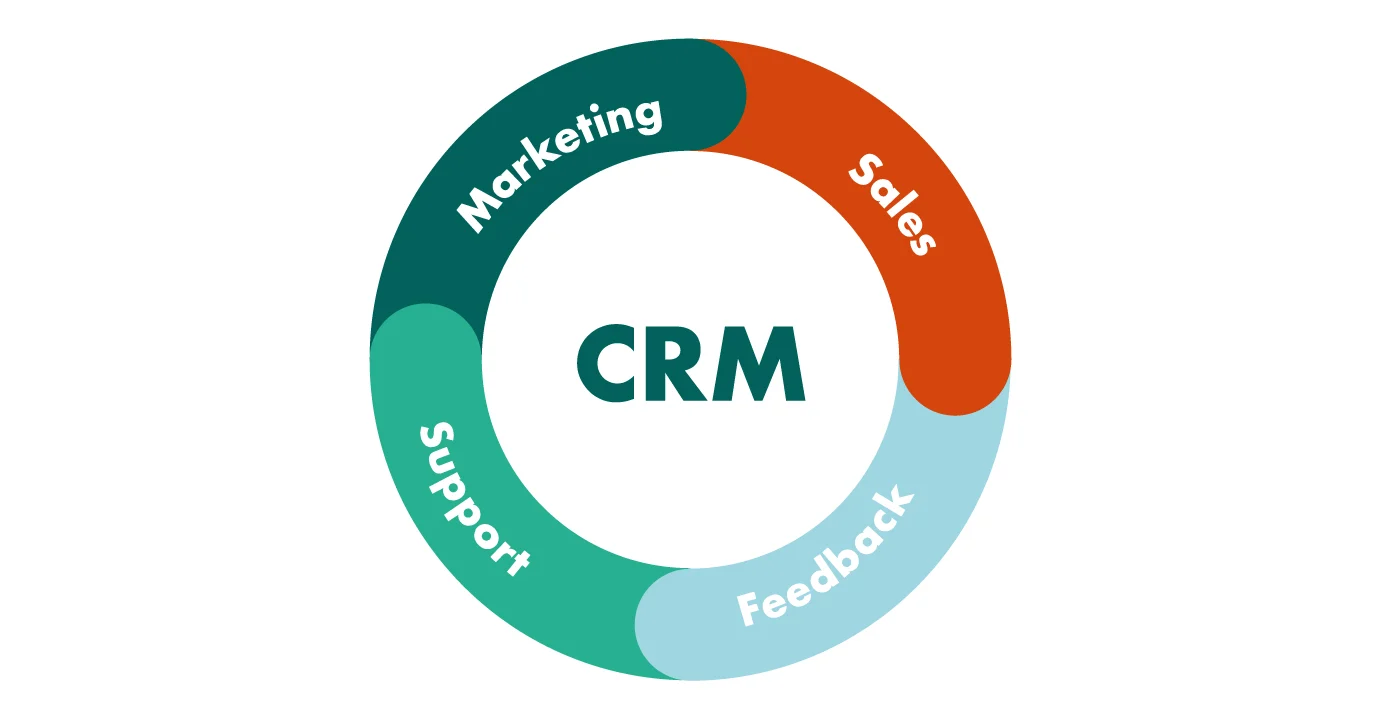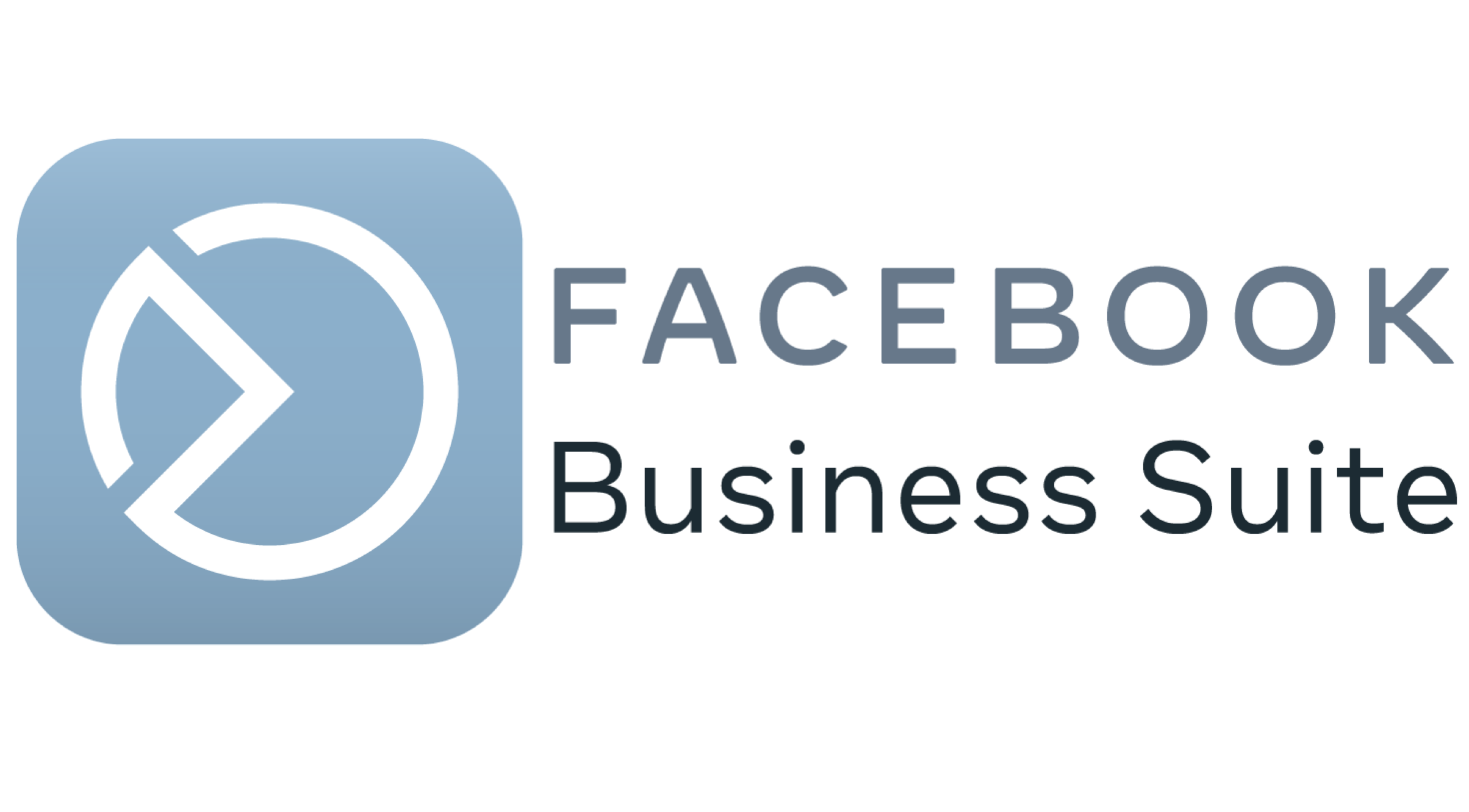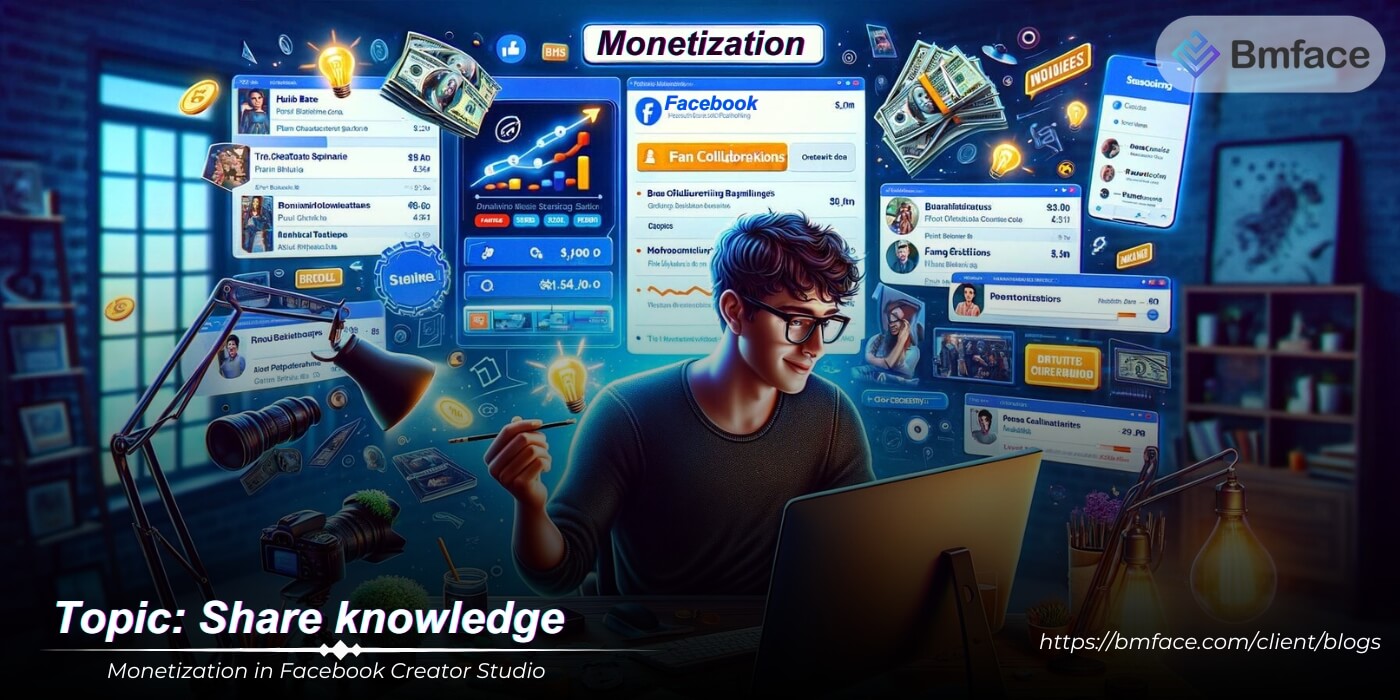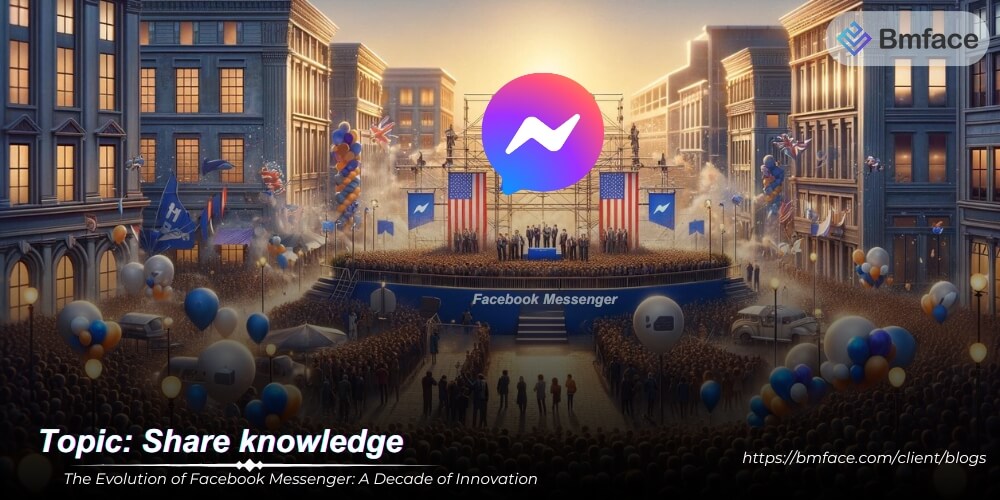Integrating third-party tools and services in Facebook Business Manager can significantly enhance business operations, driving innovation and efficiency. From leveraging advanced analytics to integrating CRM systems, businesses can tailor their digital strategy to meet their specific needs and goals. This article by BMface explores how this integration can drive innovation and streamline operations.
Understanding Third-Party Integrations

Third-party integrations refer to the incorporation of external tools and services into Facebook Business Manager. These integrations allow businesses to utilize specialized functionalities not native to the platform, providing a more comprehensive suite of tools for managing digital marketing efforts. By leveraging third-party integrations, businesses can enhance their capabilities in areas such as analytics, customer relationship management (CRM), email marketing, and more, leading to more efficient and effective campaign management.
Benefits of Third-Party Integrations:
1. Enhanced Analytics and Reporting:
Integrating advanced analytics tools can provide deeper insights into campaign performance beyond the standard metrics offered by Facebook Business Manager. Tools like Google Analytics, HubSpot, or Hootsuite can offer enhanced data visualization, custom reporting, and more granular data analysis.
- Custom Dashboards: Create tailored dashboards that combine data from various sources, providing a holistic view of your marketing performance.
- Advanced Segmentation: Perform detailed audience segmentation to understand the behavior of different user groups.
- Conversion Tracking: Track complex conversion paths that span multiple touchpoints and channels, gaining insights into the customer journey.
2. Improved Customer Relationship Management (CRM):
Integrating CRM systems such as Salesforce, Zoho, or HubSpot with Facebook Business Manager allows businesses to streamline their customer data management and enhance their marketing automation efforts.
- Unified Customer Profiles: Consolidate customer data from various sources to build comprehensive profiles, improving personalization and targeting.
- Automated Workflows: Set up automated workflows to nurture leads and engage with customers at the right time with the right message.
- Data Synchronization: Ensure that customer data is consistently updated across all platforms, reducing the risk of data silos and improving data accuracy.
3. Enhanced Email Marketing:
By integrating email marketing platforms like Mailchimp, Constant Contact, or SendinBlue, businesses can coordinate their email campaigns with their Facebook advertising efforts, creating cohesive marketing strategies.
- Segmented Campaigns: Use data from Facebook to create highly targeted email campaigns that complement your social media advertising.
- Automated Follow-Ups: Set up automated email sequences triggered by user actions on Facebook, ensuring timely follow-ups and increased engagement.
- Performance Analytics: Track the performance of email campaigns and their impact on overall marketing goals, integrating this data with your Facebook metrics for a comprehensive view.
4. Social Media Management:
Integrating social media management tools like Buffer, Sprout Social, or Hootsuite can streamline the process of managing multiple social media accounts, scheduling posts, and monitoring engagement.
- Content Scheduling: Plan and schedule posts across Facebook, Instagram, and other platforms from a single interface.
- Engagement Tracking: Monitor engagement metrics in real-time and respond to comments, messages, and mentions promptly.
- Collaboration: Facilitate team collaboration by assigning tasks, approving content, and managing workflows within the tool.
5. Advertising Optimization:
Tools like AdEspresso, Marin Software, or WordStream can enhance your advertising efforts by providing advanced optimization features and automation.
- A/B Testing: Conduct robust A/B testing to determine the most effective ad creatives, formats, and targeting options.
- Budget Management: Automate budget allocation based on real-time performance data, ensuring optimal use of ad spend.
- Performance Predictions: Use predictive analytics to forecast campaign outcomes and adjust strategies proactively.
In conclusion, third-party integrations within Facebook Business Manager offer businesses a powerful way to extend their digital marketing capabilities. By incorporating specialized tools for analytics, CRM, email marketing, social media management, and advertising optimization, businesses can streamline their operations, enhance their marketing strategies, and achieve better results. Leveraging these integrations allows businesses to create a more comprehensive, data-driven approach to their digital marketing efforts, ultimately driving higher engagement, conversions, and ROI.
Leveraging Advanced Analytics

Advanced analytics tools can provide deeper insights into campaign performance, audience behavior, and market trends. Integrating these tools within Facebook Business Manager allows businesses to make data-driven decisions, optimize campaigns, and improve ROI. By leveraging advanced analytics, businesses can gain a comprehensive understanding of their digital marketing efforts, enabling them to refine their strategies and achieve better outcomes.
Benefits of Advanced Analytics:
1. Detailed Insights:
Advanced analytics offer a deeper understanding of customer behavior and preferences, which is crucial for creating targeted and effective marketing campaigns.
- Customer Segmentation: Analyze customer data to identify distinct segments based on demographics, behaviors, and interests. This allows for more personalized marketing efforts that resonate with specific audience groups.
- Behavioral Analysis: Track how customers interact with your content and ads, understanding what drives engagement and conversion. This insight helps in tailoring content that meets audience expectations.
- Lifetime Value Analysis: Evaluate the long-term value of customers acquired through different campaigns, helping to focus efforts on the most profitable segments.
2. Performance Tracking:
Real-time performance tracking is essential for assessing the effectiveness of marketing campaigns and making necessary adjustments to improve outcomes.
- Real-Time Monitoring: Keep track of key performance metrics such as reach, engagement, click-through rates, and conversions in real-time. This enables quick response to any issues or opportunities that arise.
- Custom Reports: Create custom reports that highlight the metrics most relevant to your business goals. This helps in identifying trends and patterns that can inform future strategies.
- ROI Measurement: Measure the return on investment for each campaign to understand which strategies are delivering the best results. This allows for more informed budget allocation and strategic planning.
3. Predictive Analysis:
Using historical data to predict future trends can significantly enhance the strategic planning process, allowing businesses to stay ahead of the competition.
- Trend Forecasting: Analyze past campaign data to identify patterns and predict future performance. This helps in anticipating market changes and adapting strategies accordingly.
- Sales Projections: Use predictive models to forecast sales and revenue based on current and historical data. This supports better financial planning and goal setting.
- Optimization Recommendations: Predictive analytics can provide recommendations for optimizing campaigns, such as the best times to post content, optimal ad spend, and target audience adjustments.
In conclusion, leveraging advanced analytics within Facebook Business Manager is crucial for businesses aiming to maximize their digital marketing effectiveness. By gaining detailed insights into customer behavior, tracking performance in real-time, and using predictive analysis to anticipate future trends, businesses can make informed decisions that enhance campaign performance and improve ROI. Integrating advanced analytics tools allows businesses to adopt a data-driven approach to marketing, leading to more precise targeting, optimized ad spend, and ultimately, greater business success.
Integrating CRM Systems
Customer Relationship Management (CRM) systems are crucial for managing interactions with current and potential customers. Integrating CRM systems with Facebook Business Manager can streamline customer data management, enhance personalization, and improve customer service. By leveraging the combined power of CRM and Business Manager, businesses can achieve a more holistic view of their customers and optimize their marketing and service efforts.
Advantages of CRM Integration:
1. Unified Customer Data:
Integrating CRM systems with Business Manager allows businesses to centralize customer information, ensuring better management and accessibility.
- Consolidated Profiles: Gather customer data from various touchpoints and consolidate it into comprehensive profiles. This centralization helps in tracking customer interactions and understanding their journey.
- Data Consistency: Ensure that customer information is consistent and up-to-date across all platforms. This reduces the risk of errors and improves data accuracy.
- 360-Degree View: Gain a holistic view of each customer, including their history, preferences, and behaviors, enabling more informed decision-making.
2. Enhanced Personalization:
CRM integration enables businesses to tailor their marketing efforts based on detailed customer profiles, leading to more personalized and effective campaigns.
- Targeted Campaigns: Use customer data to create highly targeted marketing campaigns that resonate with specific segments. Personalization increases engagement and conversion rates.
- Behavioral Insights: Leverage insights from CRM data to understand customer behaviors and preferences. This information can inform content creation and ad targeting strategies.
- Dynamic Content: Serve personalized content and offers based on customer profiles, ensuring that marketing messages are relevant and timely.
3. Improved Customer Service:
Integrating CRM systems with Business Manager can significantly enhance customer service by providing faster and more efficient responses to customer inquiries.
- Efficient Ticket Management: Track and manage customer inquiries and support tickets within the CRM system. This ensures that no customer query goes unanswered and that issues are resolved promptly.
- Automated Responses: Set up automated responses for common inquiries, reducing response times and freeing up customer service representatives to handle more complex issues.
- Customer Interaction History: Access a complete history of customer interactions, enabling support teams to provide more informed and personalized assistance.
In conclusion, integrating CRM systems with Facebook Business Manager offers businesses a powerful solution for managing customer relationships, enhancing personalization, and improving customer service. Unified customer data allows for better management and accessibility, while enhanced personalization and improved customer service lead to higher engagement and satisfaction. By leveraging CRM integration, businesses can optimize their marketing efforts, build stronger customer relationships, and drive business success.
Enhancing Marketing Automation

Marketing automation tools can automate repetitive tasks such as email marketing, social media posting, and ad management. By integrating these tools with Facebook Business Manager, businesses can save time, reduce errors, and ensure consistent messaging across all platforms. This integration not only streamlines marketing processes but also enhances the overall effectiveness of marketing campaigns.
Key Benefits of Marketing Automation:
1. Efficiency:
Automate routine tasks to free up time for strategic planning.
- Task Automation: Automate repetitive tasks such as scheduling posts, sending follow-up emails, and managing ad placements. This reduces the manual effort required and allows marketers to focus on high-level strategic planning and creative activities.
- Time Management: Efficiently manage time by setting up workflows and automated sequences that run without constant oversight. This ensures that marketing activities are carried out promptly and consistently.
- Error Reduction: Minimize human errors by automating tasks. This ensures accuracy in execution, from scheduling posts at optimal times to ensuring that email campaigns are sent to the correct segments.
2. Consistency:
Maintain a consistent brand voice and message.
- Brand Uniformity: Ensure that all marketing materials adhere to the brand guidelines. Automation tools can enforce consistency in visuals, tone, and messaging across different channels and campaigns.
- Scheduled Content: Plan and schedule content in advance, ensuring that your audience receives consistent communication without gaps or delays. This continuous presence helps in building and maintaining brand recognition and loyalty.
- Coordinated Campaigns: Synchronize messages across multiple platforms to create a unified customer experience. Whether it’s a promotional campaign or a product launch, consistent messaging strengthens brand identity and reinforces key messages.
3. Scalability:
Easily scale marketing efforts as the business grows.
- Automated Campaign Scaling: Increase the reach and frequency of your campaigns as your business grows without significantly increasing the workload. Automation tools can handle larger volumes of tasks and data, making it easier to scale operations.
- Adaptive Strategies: Use automation to quickly adapt to market changes and scale campaigns based on performance data. Automated tools can help in reallocating resources to high-performing channels and pausing underperforming ones.
- Resource Optimization: Efficiently manage resources by leveraging automation for repetitive tasks, allowing teams to allocate more effort towards innovation and growth strategies. This scalability ensures that marketing efforts keep pace with business expansion.
In conclusion, integrating marketing automation tools with Facebook Business Manager provides significant benefits for businesses looking to optimize their marketing efforts. Automation enhances efficiency by freeing up time for strategic planning, ensures consistency in brand messaging, and allows for easy scalability of marketing activities. By leveraging these benefits, businesses can streamline their operations, maintain a strong brand presence, and effectively manage their growth. Integrating marketing automation with Business Manager is a powerful step towards achieving sustained marketing success and competitive advantage in the digital landscape.
Project management tools are essential for helping teams collaborate, track progress, and meet deadlines. Integrating these tools with Facebook Business Manager ensures that marketing projects are well-coordinated and executed efficiently. By bringing together project management capabilities within a single platform, businesses can enhance productivity and ensure that marketing initiatives are delivered on time and within budget.
Benefits of Project Management Integration:
1. Improved Collaboration:
Enhance team communication and coordination.
- Centralized Communication: Integrate communication channels within project management tools to facilitate real-time discussions, file sharing, and feedback. This ensures that all team members are on the same page and can collaborate more effectively.
- Collaborative Workspaces: Create shared workspaces where team members can collaborate on tasks, brainstorm ideas, and track project progress. This fosters a collaborative environment, promoting creativity and problem-solving.
- Integrated Calendars: Use integrated calendars to schedule meetings, set deadlines, and keep track of important milestones. This helps in aligning team schedules and ensuring timely completion of tasks.
2. Task Management:
Keep track of tasks, deadlines, and project milestones.
- Task Assignment: Assign tasks to specific team members and set clear deadlines. This ensures accountability and helps team members understand their responsibilities and priorities.
- Progress Tracking: Monitor the status of tasks and projects in real-time. Use dashboards and progress bars to visualize progress and identify any potential bottlenecks or delays.
- Milestone Management: Set and track project milestones to ensure that key deliverables are met on time. This helps in maintaining project momentum and achieving strategic goals.
3. Resource Allocation:
Efficiently allocate resources and manage workloads.
- Resource Planning: Plan and allocate resources based on project requirements and team capacity. This ensures that resources are used efficiently and that workloads are balanced.
- Workload Management: Monitor team workloads and redistribute tasks if necessary to avoid overburdening any team members. This helps in maintaining a healthy work-life balance and prevents burnout.
- Budget Tracking: Keep track of project budgets and expenditures. This ensures that projects stay within budget and that financial resources are managed effectively.
Conclusion
In conclusion, integrating third-party tools and services within Facebook Business Manager can drive significant innovation and efficiency in business operations. Whether leveraging advanced analytics, integrating CRM systems, enhancing marketing automation, or streamlining workflows with project management tools, these integrations enable businesses to tailor their strategies to meet specific needs and objectives. Embracing these innovations can lead to more effective marketing campaigns, improved customer relationships, and overall business growth. By consolidating various functionalities into a single, cohesive platform, businesses can streamline their operations, optimize resource utilization, and achieve their strategic goals more effectively.
Ready to drive innovation with third-party integrations in Business Manager? Our team can help you select and implement the best tools to enhance your digital marketing efforts. Contact us today to learn how we can help you achieve your business objectives and stay ahead of the competition.
For more insights and updates on effective social media strategies, make sure to follow Bmface and our tutorial blog, where we share the latest and most effective content marketing tips.
Cảm ơn bạn đã theo dõi bài viết. Mua hàng tại Bmface.com để ủng hộ đội ngũ Admin viết thêm nhiều bài viết hay. Xin cảm ơn!
































